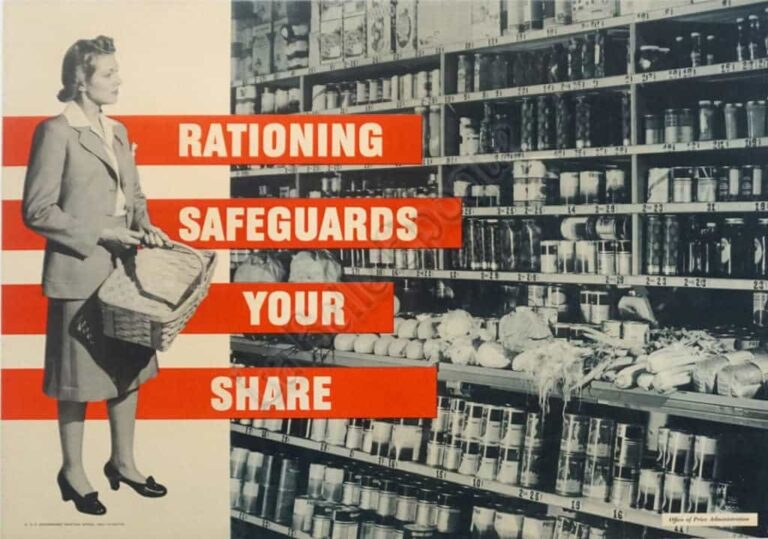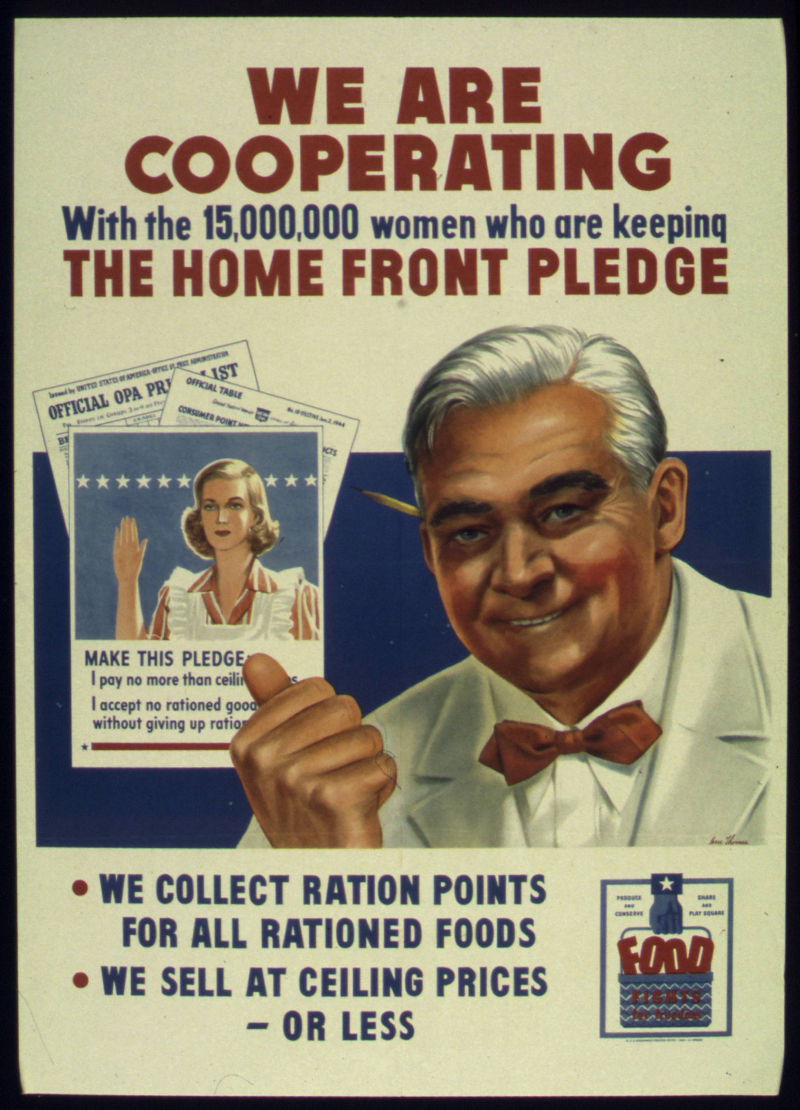Americans supported rationing on the home front wholeheartedly
In movies and on television, American life during World War II is presented as being one of solidarity and unwavering support for the government and soldiers fighting the war. They are frequently humorously portrayed, like in movies that use housing shortages as the backdrop for romantic comedies. When rationing impacts are discussed at all, they are dismissed as minor inconveniences. According to the movie, Americans accepted rationing as their willing contribution to the war effort and did so stoically, if not joyfully.
In actuality, rationing was widely despised and undermined by the thriving illegal markets that grew throughout the war. During the war, hundreds of commodities were rationed, and ration books and prices regularly altered. Americans disliked having to set aside money and ration coupons in order to pay for things they thought were easily accessible. Meat, sugar, and fuel were among the products that were most frequently obtained through underground markets or using ration coupons that were fake.
Within a 30-mile radius of Pittsburgh, one resourceful journalist invested almost a tonne in black market beef in a matter of hours. Numerous posters condemning black markets and urging Americans to avoid doing business with dishonest vendors were created by the government throughout the conflict. They are living proof of the spectrum of rationing resistance in America throughout the war, as are the efforts of the Office of Price Administration (OPA) to crack down on black marketeers and rationing cheats throughout the conflict.












